Oyster “cubes” Deployed to Save UK’s Underwater Superhero
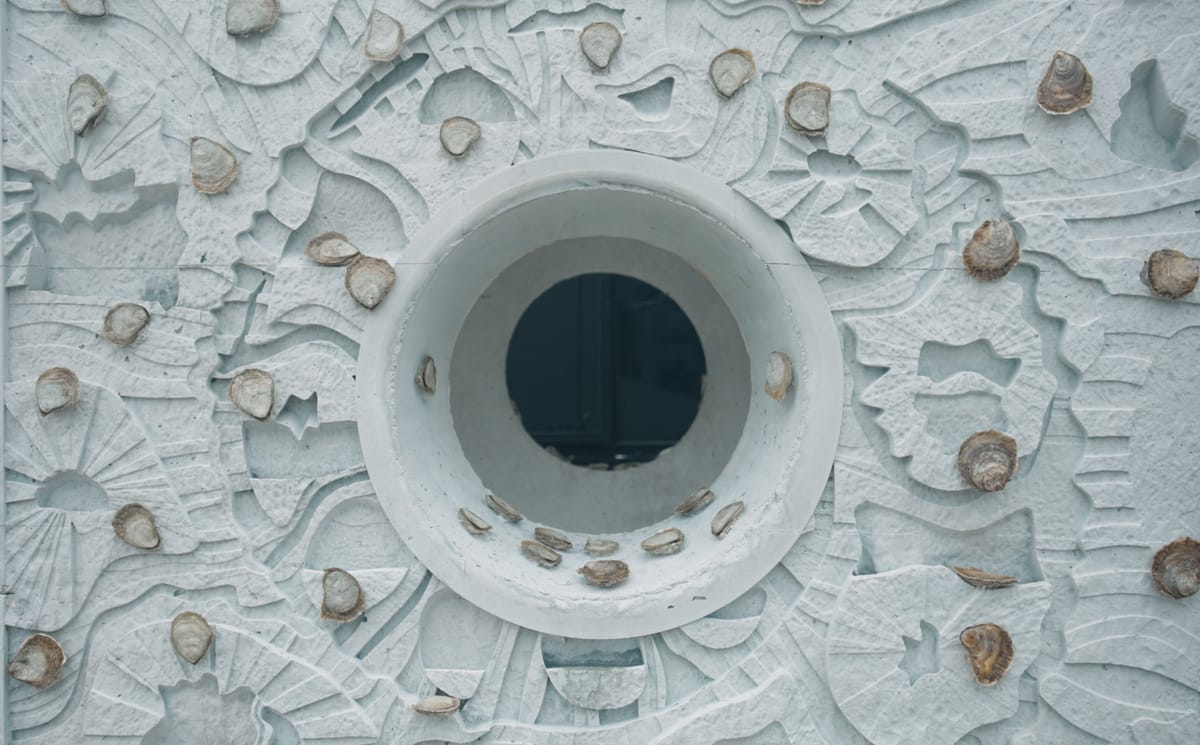
By Conservation Correspondent
A groundbreaking project has seen 20 giant “oyster reef cubes” deployed off the North East coast of England to help restore the near-extinct European native oyster to UK waters.
In a UK-first, marine conservationists from ZSL and Groundwork North East and Cumbria placed the textured, concrete-like blocks — home to 4,000 oysters — on the seabed as part of efforts to revive marine life and boost coastal resilience.
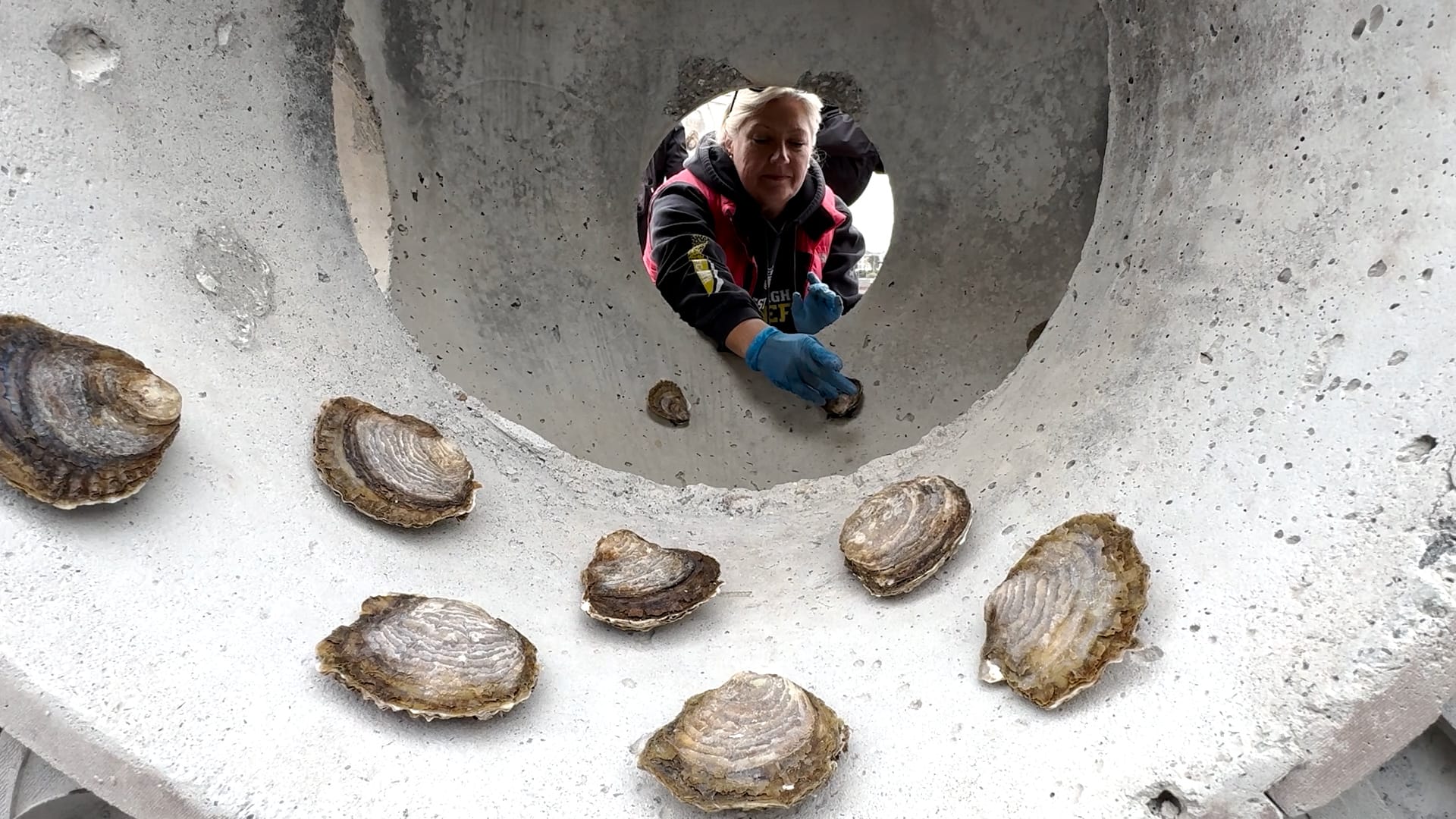
Each six-tonne cube is made from Marine Crete®, a carbon-neutral, seawater-resistant material. Their ridged surfaces and central portholes mimic natural reef habitats, offering shelter for species such as fish, lobsters and crabs.
To enhance restoration, the team added 35,000 juvenile oysters attached to shells and 40 tonnes of re-purposed scallop shells to form a reef bed, or “cultch.”
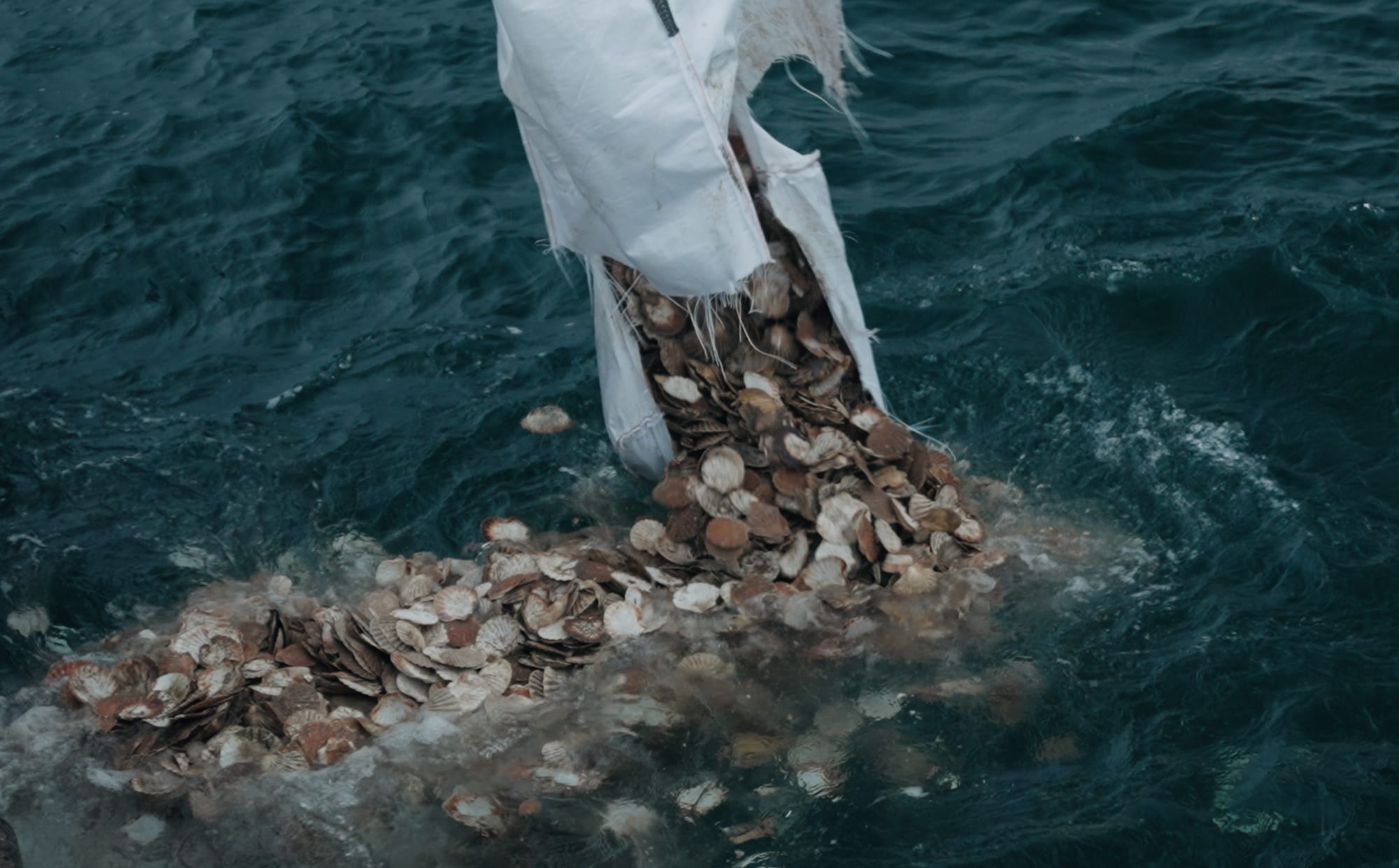
Native oyster reefs once flourished in the North Sea but vanished over a century ago. Across the UK, populations have declined by more than 95% since the 1800s due to over-harvesting, pollution and habitat loss.
The work forms part of The Wild Oysters Project: Tyne and Wear, a five-year initiative led by South Tyneside Council and funded by the Stronger Shores Partnership through DEFRA’s £200 million Flood and Coastal Innovation Programmes, managed by the Environment Agency.
More than 180 local volunteers helped clean, prepare and attach oysters at North Shields Fish Quay before the structures were lowered 1.8km off the coast, following consultation with local fishers.
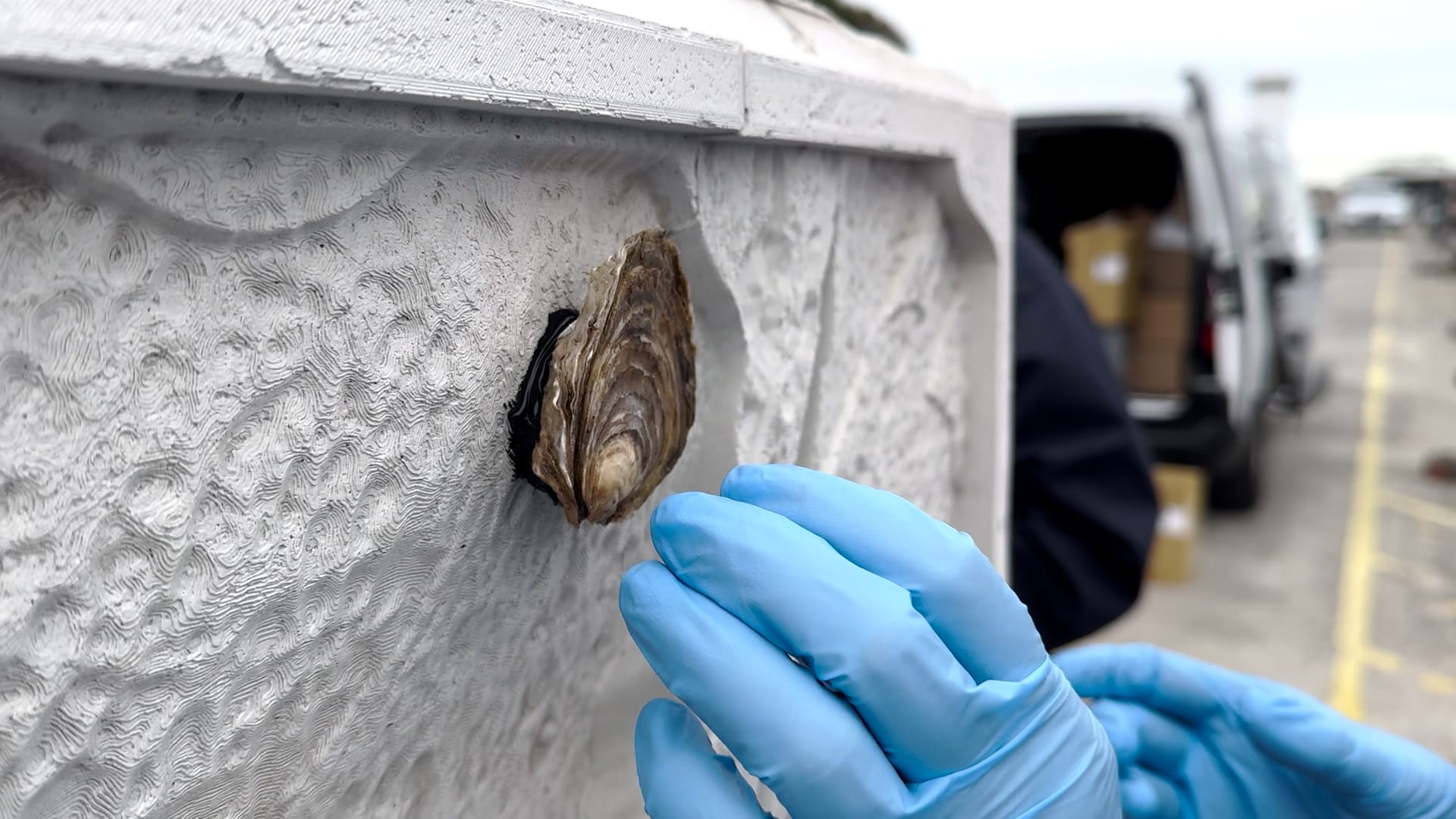
An earlier phase in 2023 released 10,000 oysters off Whitburn, but storms, including Cyclone Babet, dispersed many from the site. The new reef cubes are designed to improve storm resilience.
Celine Gamble, ZSL’s Wild Oysters Project Manager, said:
“Oysters may be small, but they play a vital role in keeping our seas clean and healthy. These reef cubes provide a stable base for restoration and new habitats for fish, sponges and crustaceans.”
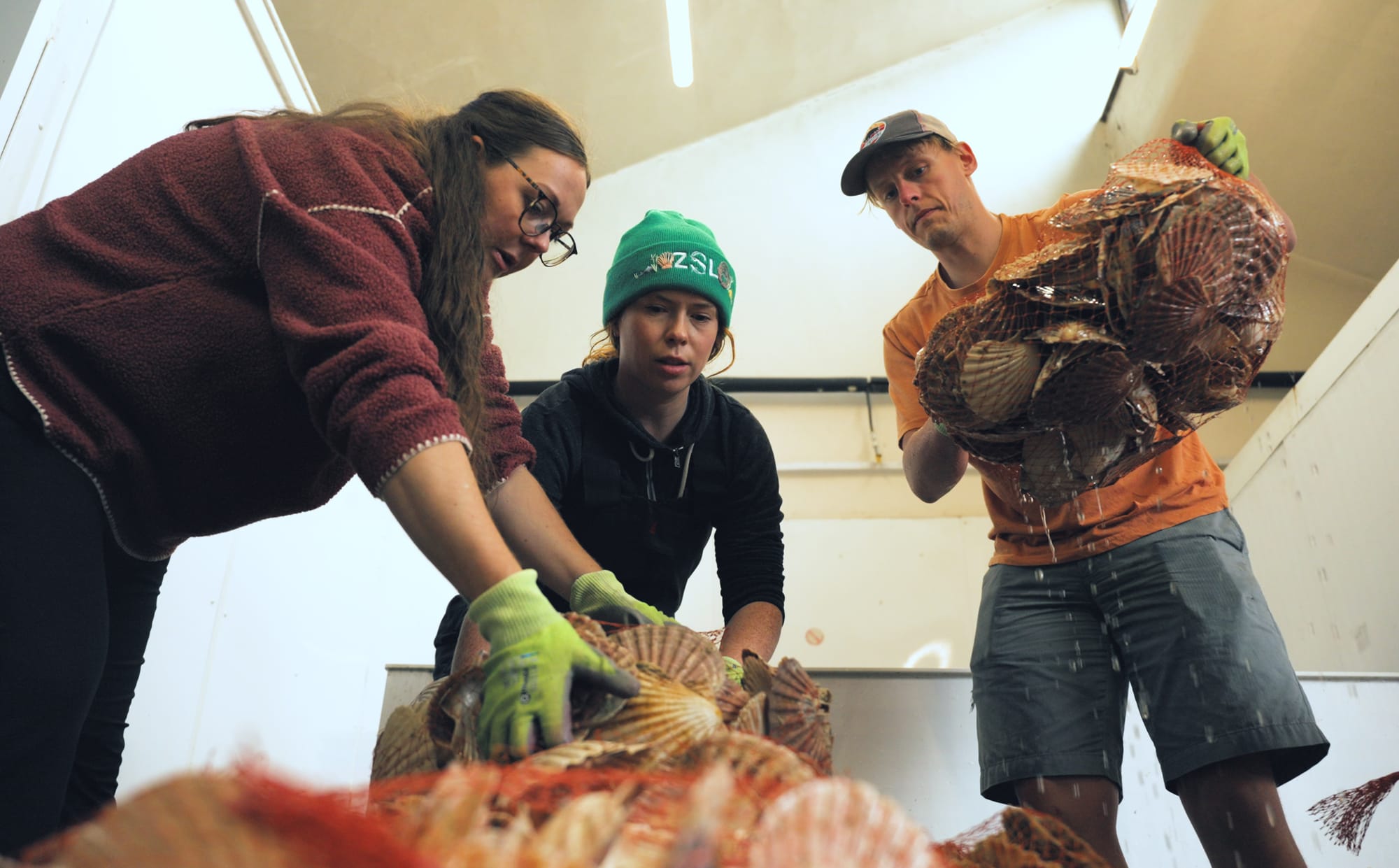
Dr Ashleigh Tinlin-Mackenzie, Marine Ecology Technical Lead at Groundwork NE & Cumbria, added:
“This project is breaking new ground. The cubes mimic wild oyster reefs and could help shape future marine restoration on open coastlines worldwide.”
Benjamin Coppin, Marine Engagement and Restoration Officer, said volunteers were key to the project’s success:
“Their enthusiasm and effort have been crucial to reaching this milestone.”
ZSL says the project shows how science-led conservation can help nature recover — supporting wildlife, people and the planet.
For more information, visit wild-oysters.org.
If you have a positive story or uplifting news to share, we’d love to hear from you!
Just email us at news@goodnewspost.co.uk.
Whether it's a local hero, an act of kindness, or a personal win, your story could help spread joy and improve someone’s mental health. Let’s make the world a little brighter, one good news story at a time.
And don’t forget—you can sign up for free to get the latest feel-good stories straight to your inbox!





